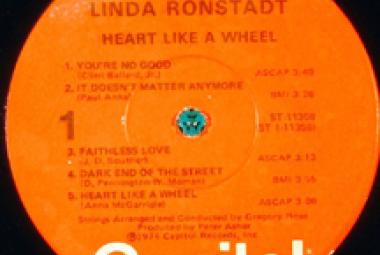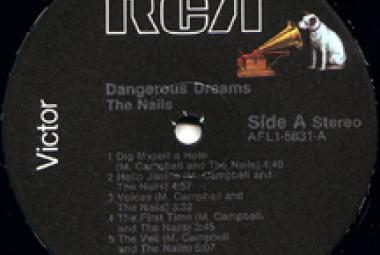THE STOOGES – The Iguana Chronicles I
The Iguana Chronicles is not really a series of bootleg albums; as related by Greg Shaw, James Williamson brought a box full of tapes of music by the Stooges for him to do whatever he wanted with, in exchange for his agreeing to release his new album with Iggy Pop, Kill City on Bomp! Records, when major-label record companies would not. The name The Iguana Chronicles is taken from Iggy Pop’s first band, past UARB the Iguanas (I doubt that I will ever get used to the idea of the Iguanas being in the UARB roster).
Iggy Pop had moved on and had previously released two solo albums in 1977, The Idiot and Lust for Life; but Kill City was the music that Iggy had created right after the third Stooges album came out, Raw Power. As it happened, James Williamson stayed until the end; besides being in the 21st-Century tour with the Stooges, he was in the line-up when the band created its last album, Ready to Die (2013).
* * *
According to Greg Shaw, James Williamson was instrumental in saving the Stooges’ musical history; besides the treasure trove given to Shaw as part of the Kill City release deal, he had saved the tapes that became Metallic K.O. (1976), from live performances by the Stooges at Michigan Palace in Detroit on October 6, 1973 and February 9, 1974 – the album originally purported to be entirely from the 1974 show, which was purportedly the Stooges’ last live performance until reforming in 2003, but later releases of Metallic K.O. cleared up the confusion on the dates. The same thing said about Metallic K.O. in Wikipedia – “Considering [James] Williamson’s involvement, and the endorsement of Iggy, it was considered a ‘semi-official’ bootleg, when released on the Skydog label in 1976” – would apply to the albums in The Iguana Chronicles as well.
According to Wikipedia: “The album proved popular, due to its release in the first era of punk rock and the Stooges’ growing legend as proto-punks. Metallic K.O. outsold the Stooges’ major label official releases, selling over 100,000 copies in America as an import in its first year alone.”
(September 2017)















